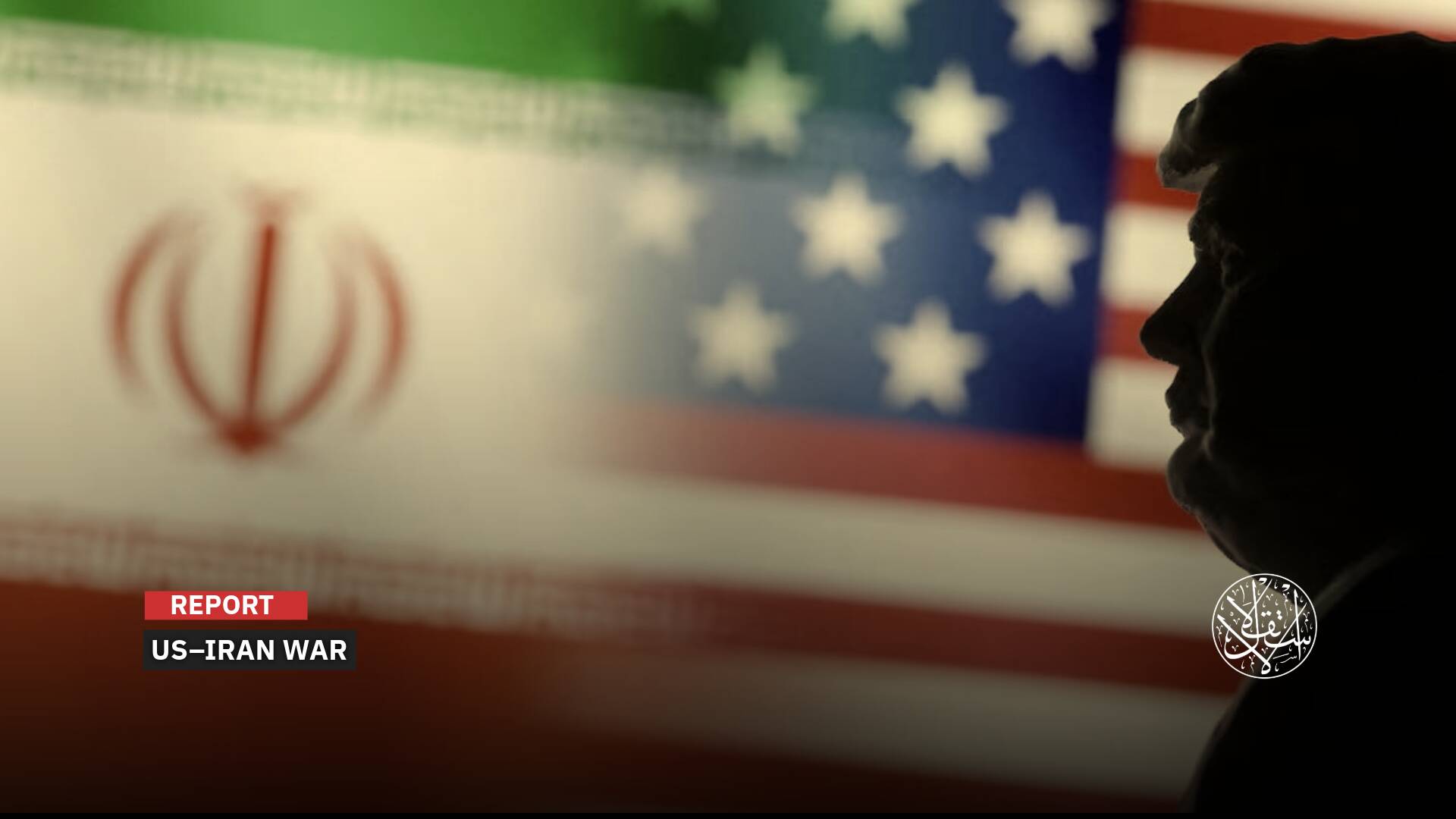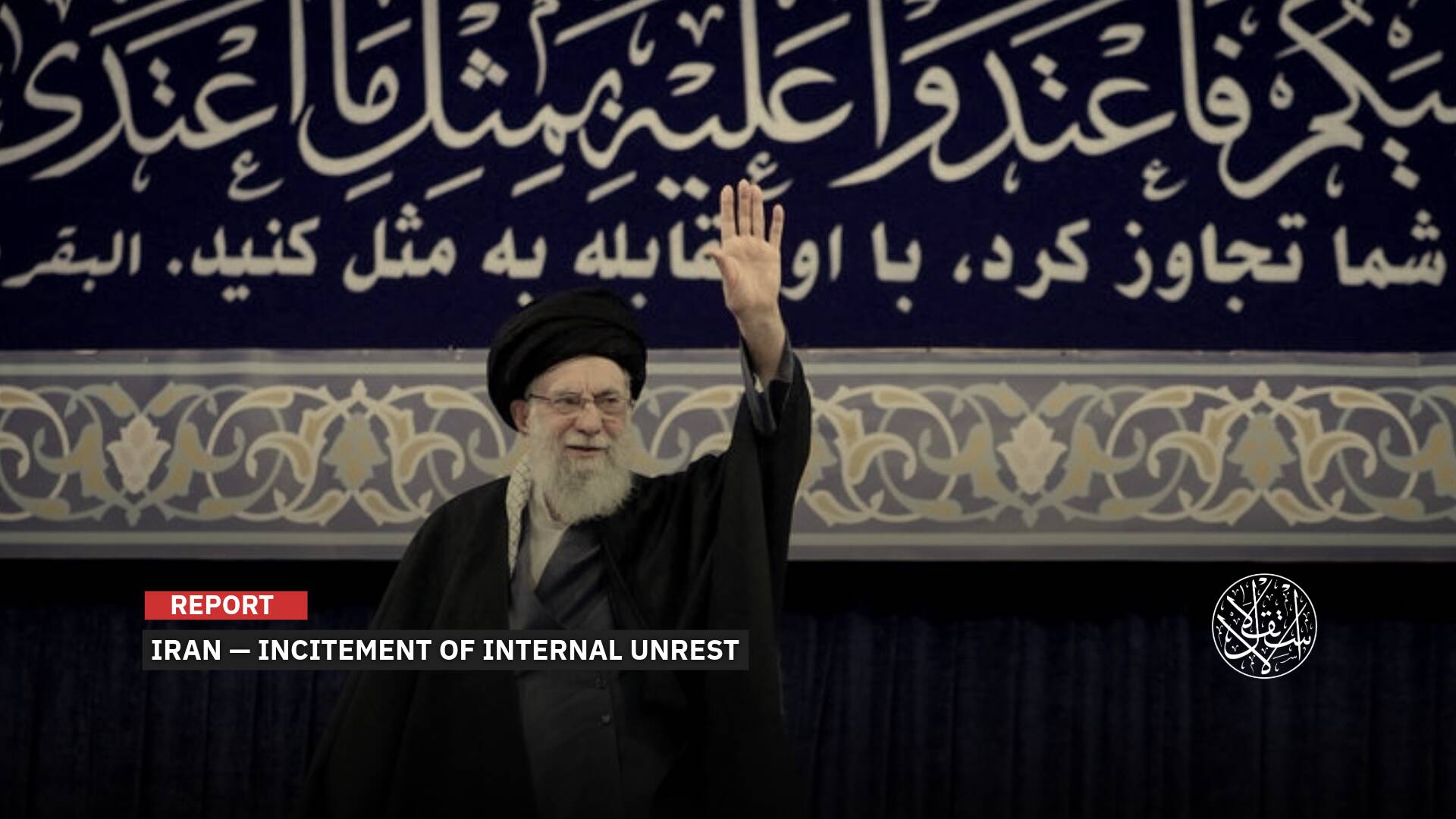The Kurdish Card: The Israeli Diplomatic Play Against Turkiye

The Mossad worked on training and arming the Kurdish fighters.
It seems that “Israel” is planning to exploit certain Kurdish armed groups in its diplomatic struggle with Turkiye.
This comes in the wake of Turkiye's prominent stance as one of the leading nations opposed to the ongoing genocide in Gaza.
For months, Turkish President Recep Tayyip Erdogan has been warning that Israeli ambitions do not end with Gaza, the occupied Palestinian territories, or Lebanon.
He asserts that they will inevitably extend to the Anatolian region, which “Israel” will set its sights on in the future—unless it is deterred.
Saar's Speech
In his first address on November 10, 2024, Israeli newly appointed Foreign Minister, Gideon Saar, stated that since its establishment, “Israel” has maintained positive relations with the Kurds.
"The Kurdish people are a great nation, one of the largest peoples without political independence," Saar noted.
Saar highlighted the "shared interests" between Jews and Kurds in the region, both of whom are minorities facing persecution at the hands of the same enemies, referring specifically to Turkiye and Iran.
"The Kurds are victims of Turkish oppression" and argued that "Israel must extend a hand and strengthen its relationship with them." He added, "This has both political and security aspects."
Turkish President Recep Tayyip Erdogan made strong remarks to reporters on November 12, during his flight back from Saudi Arabia and Azerbaijan.
"The government of the Republic of [Turkiye], under the leadership of Recep Tayyip Erdogan, will not continue or develop relations with Israel," Erdogan said.
"Our ruling coalition is firm in its decision to sever ties with Israel, and we will maintain this position in the future as well."
"We, as the Republic of [Turkiye] and its government, have currently severed all relations with Israel," Erdogan noted.
Given the growing tensions between the two sides, it seems the Israeli state may be seeking to leverage the Kurdish issue to its advantage.

Old Israeli-Kurdish Relationship
The relationship between “Israel” and a segment of the Kurdish population dates back to 1948, when 8,000 Kurdish Jews migrated to historic Palestine.
Today, the number of Kurdish Jews in the occupied territories is estimated at over 600,000, with the largest community residing around Jerusalem.
They play a central role in maintaining informal cultural and commercial ties between “Israel” and the Kurdish region of northern Iraq.
Israeli Prime Minister Benjamin Netanyahu has repeatedly voiced his support for the creation of an independent Kurdish state, saying that the Kurds "are a fighting people that has proved its political commitment, political moderation, and deserves political independence."
The relationship has deepened to the point that the military affairs editor for the Israeli newspaper Maariv, Alon Ben David, published an article on June 30, 2015, in which he described the Kurdistan Workers' Party (PKK) as "Israel's dream ally."
In the same year (2015), former deputy head of Mossad, Menahem (Nahik) Navot, revealed in his memoirs that the Israeli intelligence agency had trained and armed Kurdish fighters under the leadership of Mustafa Barzani.
Navot further explained that the Kurds played a crucial role in helping “Israel” evacuate Jews from Iraq in late 1969, smuggling them from their homes towards the Iranian border—at a time when Iran, though not officially allied with “Israel,” maintained an undeclared alliance with the Jewish state, and then transported to the occupied territories.
The Israeli officer detailed in his book titled The Story of a Mossad Man that he was tasked with establishing ties between "Israel" and the Iraqi Kurds since 1969, where they were carefully trained and armed.

Support for the PKK
On September 22, 2023, Haaretz conducted an interview with Frederic Hof, the first U.S. envoy to Syria after the revolution.
Hof admitted that the support of "Tel Aviv" for the establishment of a Kurdish state and its assistance in arming elements of the PKK primarily aimed to irritate Turkiye, pointing out the highly advanced relations between "Israel" and the Kurds, especially in Iraqi Kurdistan.
He emphasized that "Israel" provided logistical and intelligence support to the PKK during its confrontation with the Turkish government during its extensive military operations in the Qandil Mountains in northern Iraq, the main stronghold of the PKK.
However, the relationship between the organization and "Israel" has other dimensions of cooperation.
On August 24, 2015, the Financial Times reported that "Israel" relies almost entirely on oil imported from the Kurdistan Region of Iraq.
The imports reached approximately 19 million barrels of oil in one year, covering more than 70 percent of the Israeli Occupation's needs at significantly reduced prices.
This is in exchange for support from the Jewish lobby in America for the Kurdish cause, promoting the PKK, and preventing its broader classification as a terrorist organization, according to Turkish efforts.

Kurdistan State
Israeli senior officials have long declared their support for the establishment of a separate state for the Kurds, extending from Iraq to Iran and Turkiye.
On November 6, 2019, Israeli Deputy Foreign Minister Tzipi Hotovely stated that her country supports the creation of an independent Kurdish state, with its nucleus in northern Iraq, and subsequently extending to Turkiye, Syria, and Iran.
She explicitly stated, "The goal is for Israel to access the strategic depth of those countries through its close strategic relations with the Kurds for decades," which would be achieved with the establishment of an independent state for them.
In May 2006, the President of the Kurdistan Region of Iraq, Masoud Barzani, responded to a question during his visit to Kuwait regarding the relationship between the Kurds and Israelis, stating that it is not a crime.
He further added, "If Baghdad establishes diplomatic relations with Israel, we can open a consulate in Erbil," openly displaying his warm relations towards "Israel" on numerous occasions.
The relationship between “Israel” and Kurdish groups has reached a point where the latter have reportedly aligned themselves with Israeli forces during the war on Gaza that began on October 7, 2023.
Media outlets have reported that members of the PKK fought alongside Israeli military units, which are committing one of the worst war crimes in Gaza.
On November 3, 2023, less than a month after the start of the Israeli aggression on Gaza, the local Turkish newspaper, Turkiye, published its report on the cooperation of Kurdistan Workers' Party (PKK) elements with the Israeli Occupation.
It stated, “Two thousand elements of this organization were sent to the occupied territories in Gaza as mercenaries to fight alongside the Israeli Occupation army.”
“An amount of approximately $220 has been allocated for each element, and $25,000 will be paid in compensation to their families in case they are killed or injured in this war.”
“Zionist forces fear entering the tunnels dug by the resistance, fearing they may not come out alive, so mercenaries from the Kurdistan Workers' Party were used.”
Then followed, "It has been reported that 2000 mercenaries from European countries, Iraq, Syria, and America have arrived in the occupied territories, all under the umbrella of the PKK."
It was noted that PKK elements, who have also obtained Israeli citizenship, were transported by three planes from Erbil to the occupied territories.
‘A Merciless Trap’
These individuals primarily moved from the Syrian city of Ayn al-Arab (Kobani) in northern Syria to northern Iraq and then to “Tel Aviv,” as they were familiar with urban warfare tactics.
The newspaper reported that, according to its sources, eight of these individuals had been killed in Gaza so far.
This was emphasized by Ayhan Bilgen, former spokesman for the People's Democratic Party, in early December 2023, when he described the Kurds' actions as suicidal.
He stated in an interview with Turkish media, "It is clear that they are trying to make the Kurds and Israelis partners. This is a merciless trap.”
"The place of the Kurds in this war is with Palestinian resistance, not the opposite."
On June 2, 2021, Turkish academic and researcher at the Turkish Gendarmerie and Coast Guard Academy, Serhat Arkman, wrote in an article published on the Turkish political think tank Fikir Toro about the evolving relationship between Kurdish terrorist organizations and “Israel.”
"Israel sees the Kurdish People’s Protection Units (YPG) as the local actor it has sought in the area up to Iranian influence, while the U.S. military presence in the region has provided a safe operational space for Tel Aviv in northeastern Syria," Arkman mentioned.
"Under these circumstances, [Turkiye] launched Operation Peace Spring against the YPG/PKK in Syria."
"However, Israel has long maintained that the creation of a Kurdish state serves its interests and has expressed readiness to provide humanitarian assistance to the Kurds in Syria. Assistance was even sent to the Democratic Union Party (PYD) administration, which received it," according to the author.
"The PYD, along with its ally the PKK—who had negotiated extensively with Damascus and left some areas for the regime to prevent Turkish advances—claimed they had not received any assistance," he said.
Arkman further noted that “Israel” had been one of the most influential countries in Syria, operating quietly but deeply since the start of the civil war.
Thus, evaluating Israeli presence in Syria, particularly in the northeastern regions controlled by the PYD/PKK, is crucial for a comprehensive and accurate analysis of the situation.
Therefore, the Turkish writer’s observations and the sight of the Kurdish flag on walls in Gaza clearly signal that “Israel” has created a powerful, extremist force not only aligned against Turkiye and Iran, but one that seeks to destabilize the entire region.
Sources
- Jerusalem Post: The new Israeli Foreign Minister seeks to embrace the Kurdish people. [Arabic]
- Turkey severs all relations with Israel, says Erdogan
- What is behind Israel's support for the Kurdish separatists?
- PKK and Peshmerga are on Israel's side. [Turkish]
- From the 'devil it knows' to red lines: Israel's Syria policy. [Turkish]
- Israeli official: We help the Kurds of Syria and defend them in talks with the United States. [Arabic]









